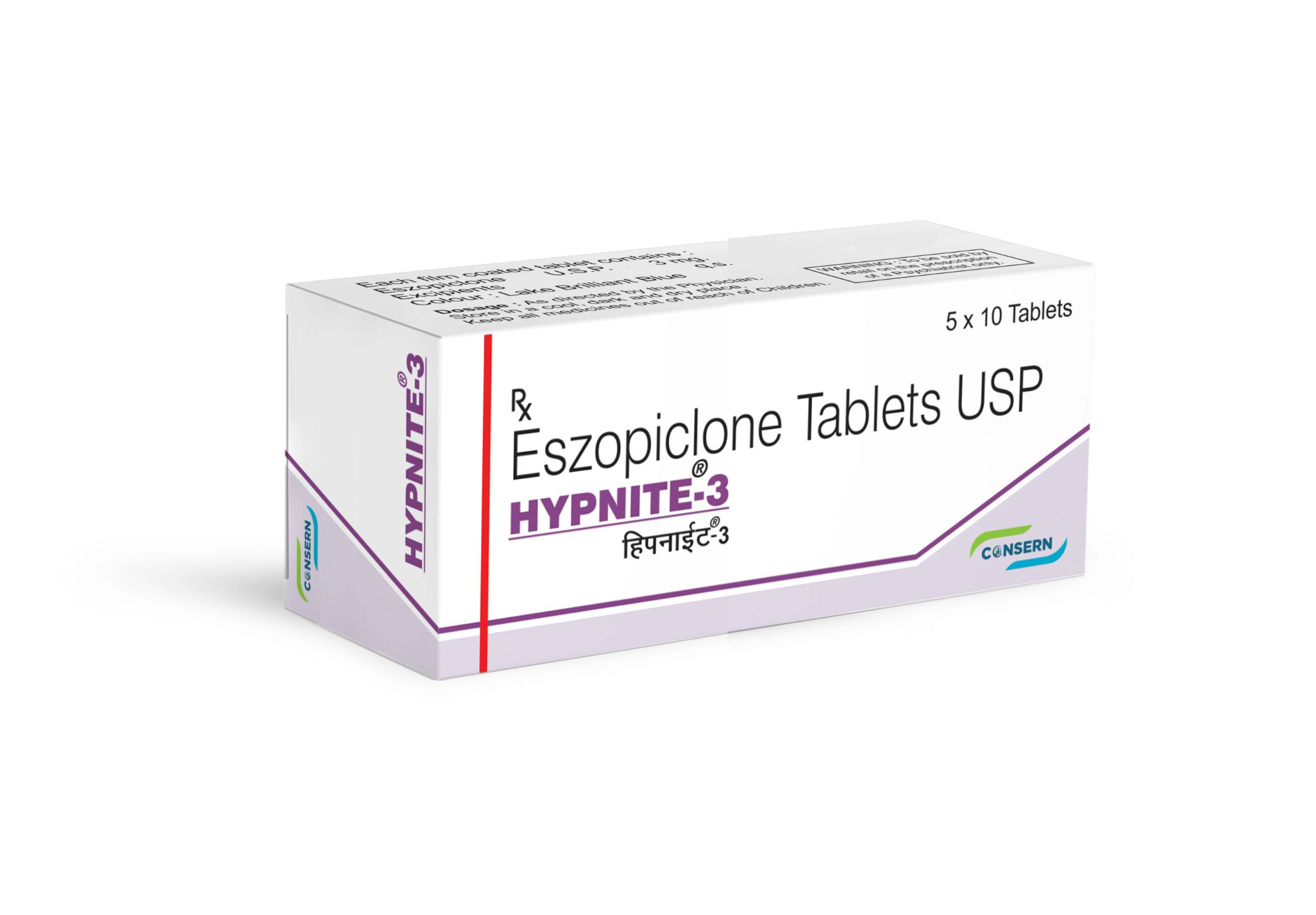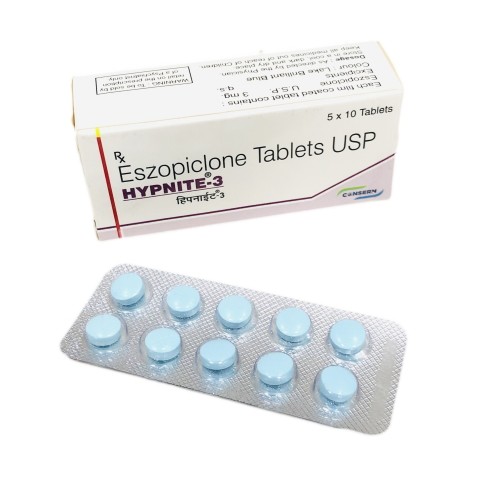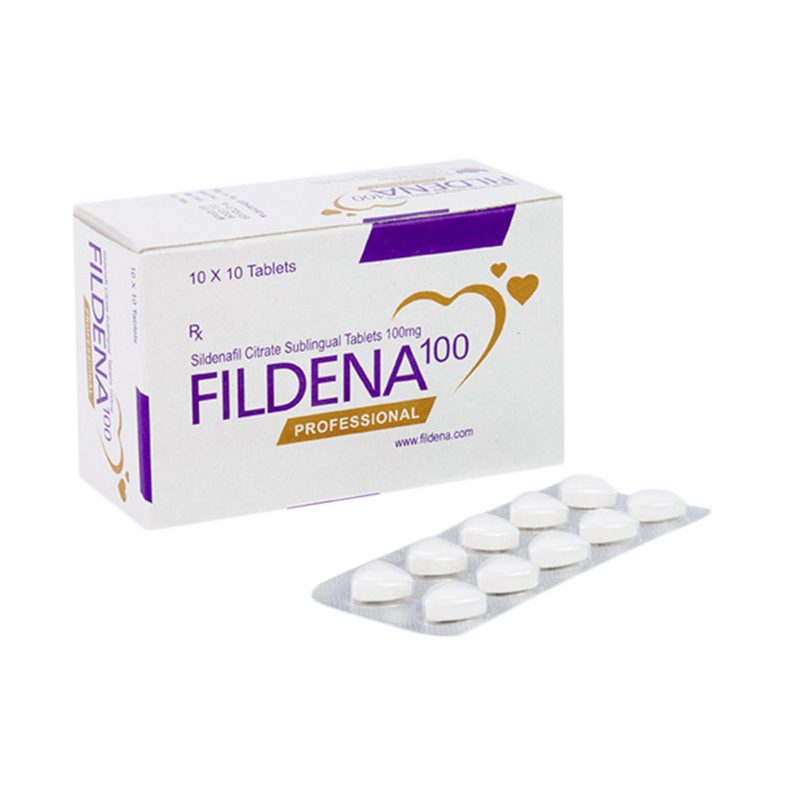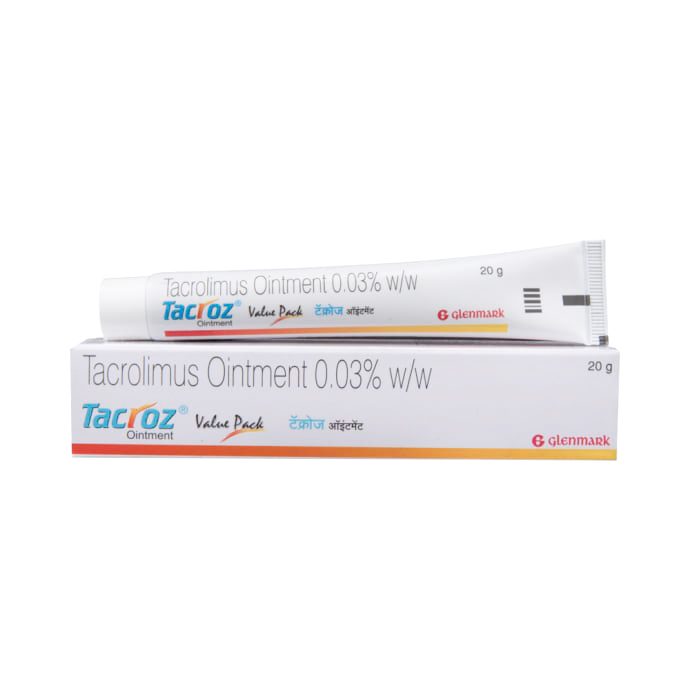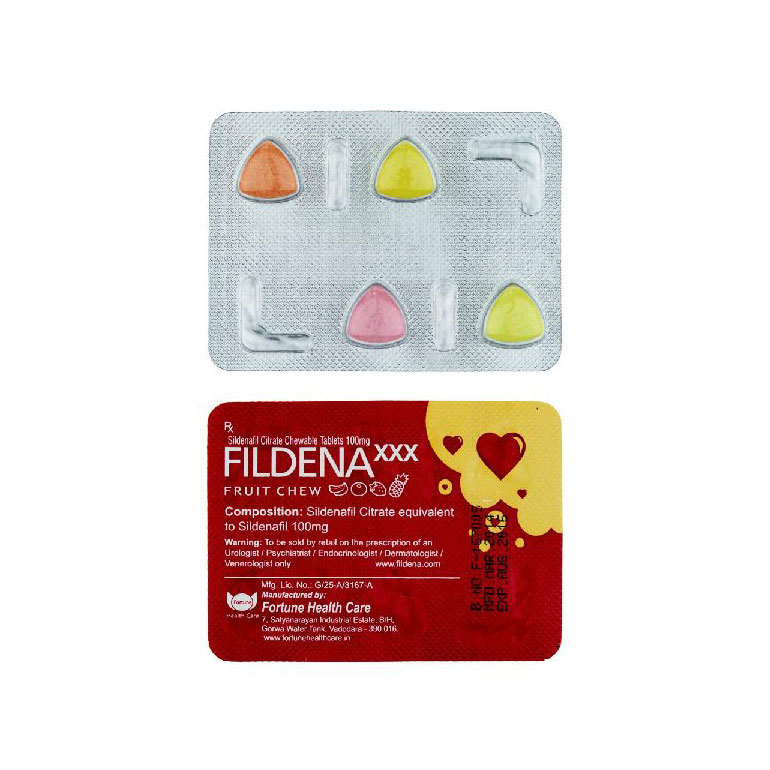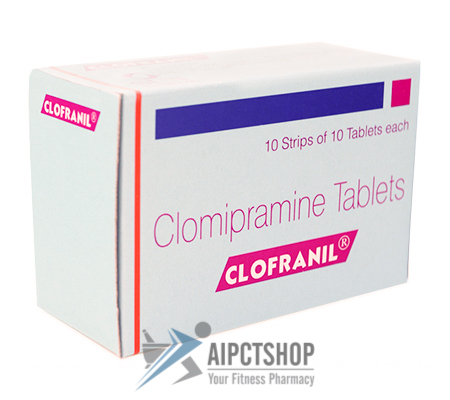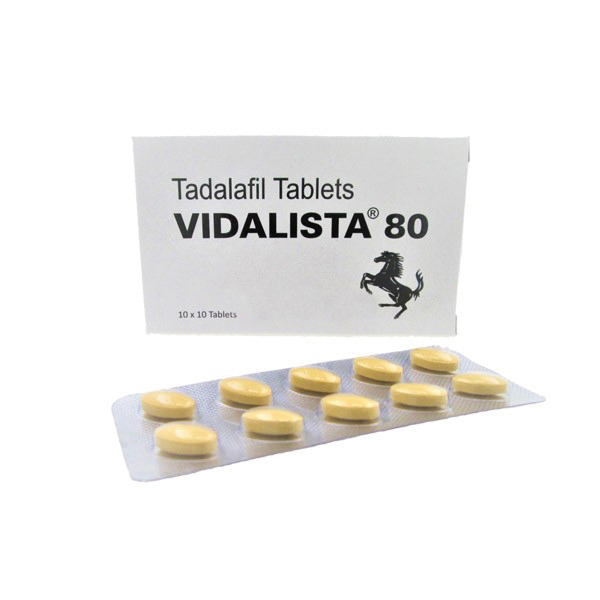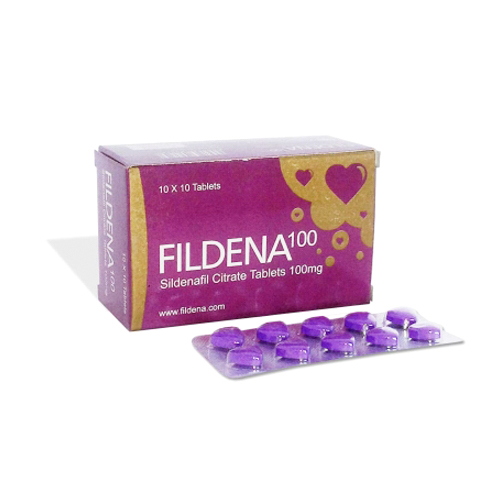Eszopiclone Information
What is this drug used for?
• It is used to treat sleep problems.
Possible side effects
Eszopiclone may cause side effects. Tell your doctor if any of these symptoms are severe or do not go away:
• Bad taste in your mouth.
• Dry mouth.
• Headache.
• Dizziness.
• Upset stomach.
• Signs of a common cold.
• Feeling sleepy the next day.
• Feeling nervous and excitable.
Some side effects can be serious. If you experience any of these symptoms, call your doctor immediately or get emergency medical treatment:
• Signs of an allergic reaction, like rash; hives; itching; red, swollen, blistered, or peeling skin with or without fever; wheezing; tightness in the chest or throat; trouble breathing, swallowing, or talking; unusual hoarseness; or swelling of the mouth, face, lips, tongue, or throat.
• New or worse behavior or mood changes like depression or thoughts of suicide.
• Hallucinations (seeing or hearing things that are not there).
• Memory problems or loss.
• Change in balance.
• Feeling confused.
• Not thinking clearly.
• Feeling very tired or weak.
• Very upset stomach or throwing up.
• Fever or chills.
• Sore throat.
Medication Safety Issues
Sound-alike/look-alike issues:
Lunesta may be confused with Neulasta
Geriatric Patients: High-Risk Medication:
Beers Criteria: Eszopiclone, a nonbenzodiazepine benzodiazepine-receptor agonist hypnotic, is identified in the Beers Criteria as a potentially inappropriate medication to be avoided in patients 65 years and older (independent of diagnosis or condition) due to adverse events similar to benzodiazepines in older adults (eg, delirium, falls, fractures) and an increase in emergency room visits, hospitalizations, and motor vehicle crashes. In addition, improvement in sleep latency and duration is minimal (Beers Criteria [AGS 2019]).
Pharmacy Quality Alliance (PQA): Eszopiclone (when cumulative day supply is >90 days) is identified as a high-risk medication in patients 65 years and older on the PQA’s Use of High-Risk Medications in the Elderly (HRM) performance measure, a safety measure used by the Centers for Medicare and Medicaid Services (CMS) for Medicare plans (PQA 2017).
Storage and Stability
Store at 25°C (77°F); excursions permitted to 15°C to 30°C (59°F to 86°F).
Adverse Reactions
>10%:
Central nervous system: Headache (15% to 21%)
Gastrointestinal: Dysgeusia (8% to 34%)
1% to 10%:
Cardiovascular: Chest pain (≥1%), peripheral edema (≥1%)
Central nervous system: Drowsiness (8% to 10%), dizziness (5% to 7%), pain (4% to 5%), nervousness (≤5%), depression (1% to 4%), confusion (≤3%), neuralgia (≤3%), abnormal dreams (1% to 3%), anxiety (1% to 3%), hallucination (1% to 3%), migraine
Dermatologic: Skin rash (3% to 4%), pruritus (1% to 4%)
Endocrine & metabolic: Decreased libido (≤3%), gynecomastia (≤3%)
Gastrointestinal: Xerostomia (3% to 7%), dyspepsia (2% to 6%), nausea (4% to 5%), diarrhea (2% to 4%), vomiting (≤3%)
Genitourinary: Dysmenorrhea (≤3%), urinary tract infection (≤3%)
Infection: Infection (5% to 10%), viral infection (3%)
Miscellaneous: Accidental injury (≤3%)
<1%, postmarketing, and/or case reports: Abnormal gait, abnormality in thinking, agitation, alopecia, altered sense of smell, amenorrhea, anaphylaxis, anemia, angioedema, anorexia, apathy, aphthous stomatitis, arthritis, asthma, ataxia, blepharoptosis, breast hypertrophy, breast neoplasm, bronchitis, bursitis, cholelithiasis, colitis, complex sleep-related disorder, conjunctivitis, contact dermatitis, cystitis, dehydration, diaphoresis, dry eye syndrome, dysphagia, dyspnea, dysuria, eczema, emotional lability, epistaxis, erythema multiforme, euphoria, facial edema, fever, gastric ulcer, gastritis, gout, halitosis, heatstroke, heavy menstrual bleeding, hematuria, hepatic disease, hepatitis, hepatomegaly, herpes zoster infection, hirsutism, hostility, hypercholesterolemia, hypersensitivity reaction, hypertension, hypokalemia, hyporeflexia, increased appetite, increased thirst, insomnia, laryngitis, lymphadenopathy, maculopapular rash, malaise, mastalgia, mastitis, melena, memory impairment, myasthenia, mydriasis, myopathy, neck stiffness, nephrolithiasis, neuritis, neuropathy, neurosis, nystagmus disorder, oliguria, paresthesia, photophobia, pyelonephritis, rectal hemorrhage, renal pain, skin discoloration, skin photosensitivity, swelling, thrombophlebitis, tinnitus, tongue edema, tremor, twitching, urethritis, urinary frequency, urinary incontinence, urticaria, uterine hemorrhage, vaginal hemorrhage, vaginitis, vertigo, vesiculobullous dermatitis, vestibular disturbance –


